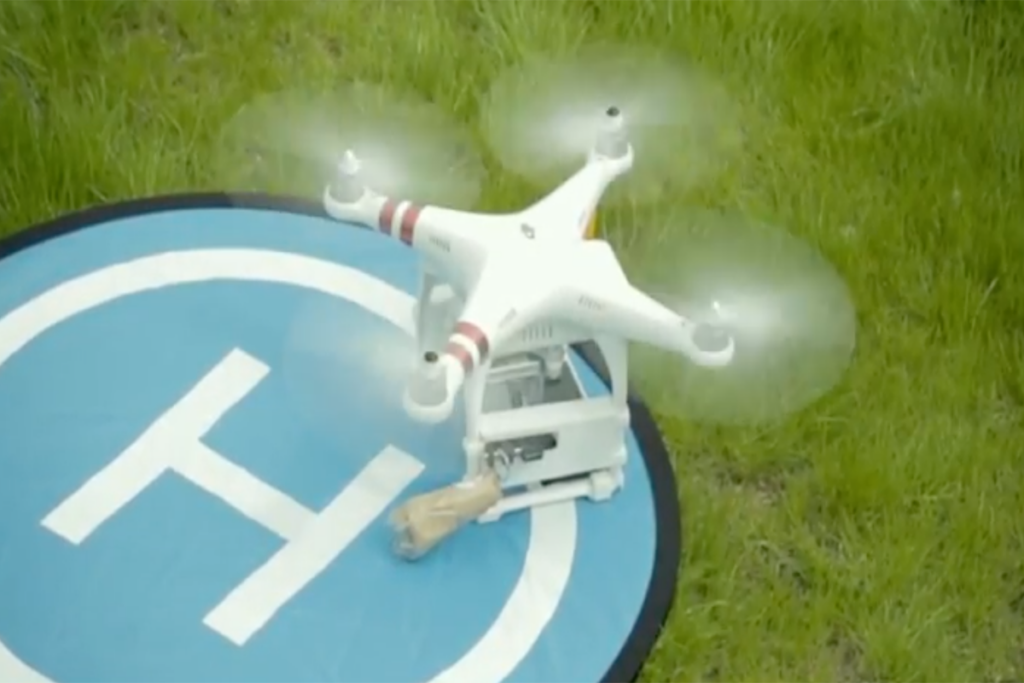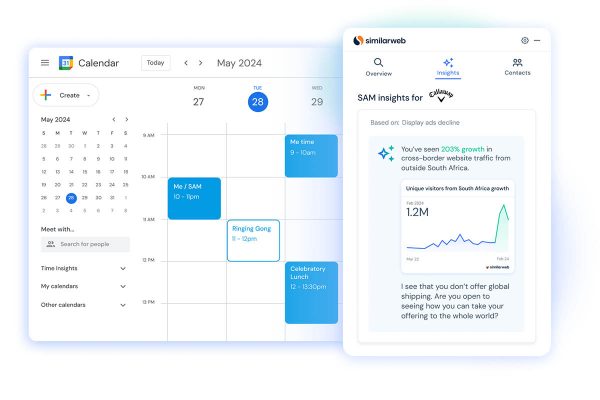Researchers at Worldpay are investigating the use of drone technology to help combat the growing issue of parcel fraud, it was announced today. The payments provider has unveiled a prototype design that could help pave the way for drone delivery around the world.
Worldpay’s Drone Pay proof-of-concept uses EMV contactless payment card technology to verify the identity of the recipient, ensuring a parcel is delivered to the right person at the right address. This technology is embedded into a drone landing pad, which is issued to the customer in the form of a doormat. When the drone lands to drop off the package, the card details stored within the doormat are read automatically. If the information matches that of the correct recipient, the parcel is released.
The growing popularity of online shopping has helped move the value of the UK parcel market to nearly £10 billion, and large multinationals such as Amazon, UPS and even Domino’s are already experimenting with drones to help speed up deliveries and cut operational costs.
However, a natural consequence of this growth has been the rise of parcel fraud. According to Citizens Advice, missing items was one of the most common problems with online shopping deliveries last year, with more than one in five (21%) online shoppers reporting the failed arrival of expected parcels.
Worldpay’s prototype demonstrates how drone technology could help retailers provide a better fulfilment experience by offering a more reliable proof of delivery. Recent research by the payments company suggests that UK consumers are ready for drone delivery to become a reality, as public perception towards the concept becomes increasingly positive.
Check out the proof of concept video
A survey of over 2000 consumers found that the UK has reached a tipping point for drone adoption, with 39% ready to embrace delivery by drones, compared to 34% hanging back. Millennials are the most supportive, with nearly half (49%) of those aged 18-34 comfortable with the technology. Appetite for having a drone collect unwanted items is even stronger, with 41% of shoppers willing to try the technology for returns.
This suggests that the ease and convenience that sky-bound services could offer will outweigh the concerns surrounding autonomous aerial vehicles. And with a major overhaul of the UK’s air traffic control system on the horizon, which will see drones safely share airspace with conventional aircraft, drone deliveries could launch as soon as 2019.
For consumers, drone delivery could offer far greater convenience when shopping online. Shoppers can choose to have a package delivered or collected at a location convenient to them, and also have the opportunity to check the item before accepting it. There is also the option for payment on delivery, rather than at the time the order is made, which means more flexibility and added peace of mind.
For merchants, Worldpay’s Drone Pay proof of concept could help combat parcel fraud, which costs eCommerce companies unnecessary time, money and lost customers every day. The volume of delivery complaints soared by 48% last year according to consumer help site Resolver, thanks to the growing number of stolen packages, undelivered items and fake delivery cards. Strong proof of delivery is therefore increasingly important for retailers wanting to provide an excellent shopping and last-mile delivery experience to customers.
“There is undoubtedly a huge potential market for drone delivery when it becomes a reality. Along with cost cutting benefits, drones could also be the answer to reducing congestion and pollution, and enabling faster delivery times. Our data suggests that consumers are becoming increasingly open to the notion of drone delivery, but there are still several logistical hurdles that need to be addressed before it becomes mainstay. The weight of the package and flying distance both remain potential barriers to adoption, in addition to ensuring that parcels are delivered to the correct customer.This is where payment technology will play an important role. By verifying the identity of the recipient before releasing the parcel, our proof of concept is an example of how technology can address the common problems associated with home delivery. The volume of parcels in transit will only increase, as shopping online increasingly becomes the channel of choice for UK consumers. Merchants should therefore explore new ways of innovating their supply chain capabilities, to keep pace with demand.”
– Motie Bring, General Manager for the UK, Global Enterprise eCommerce, Worldpay Inc







